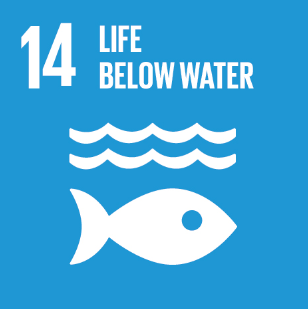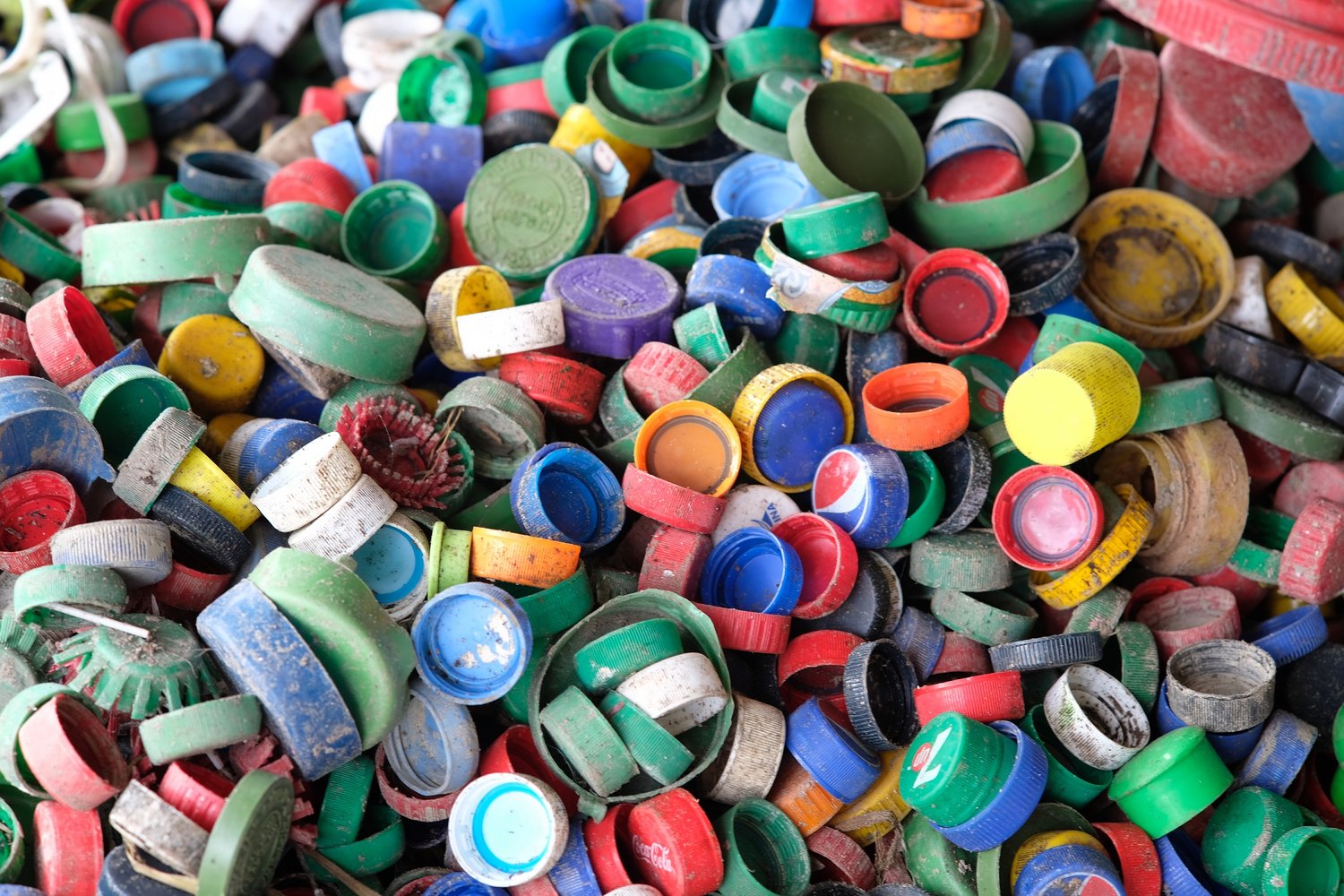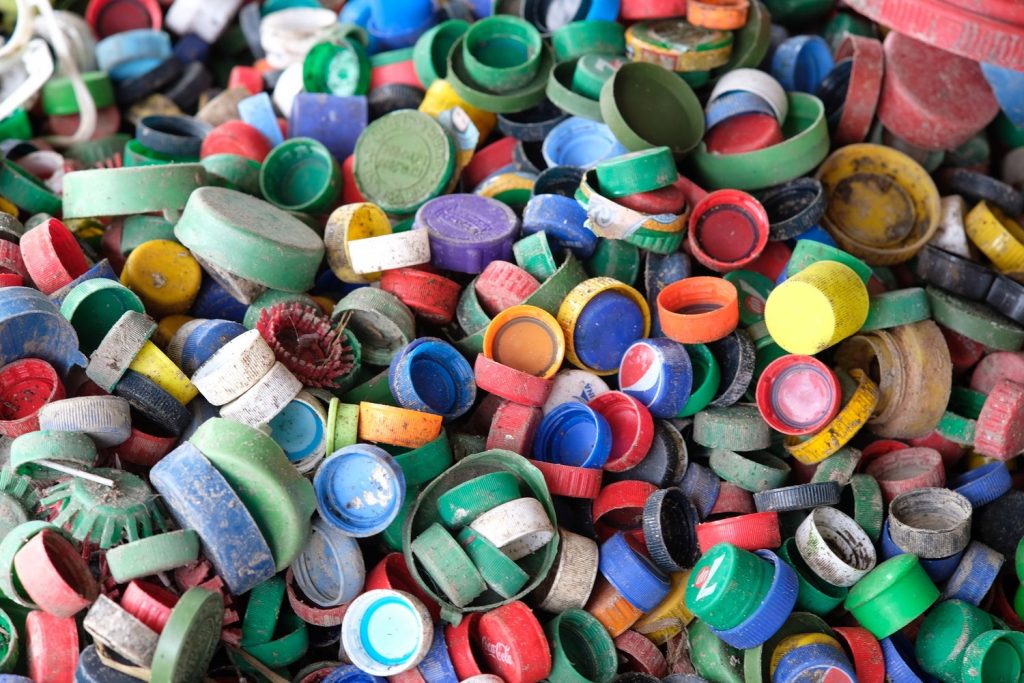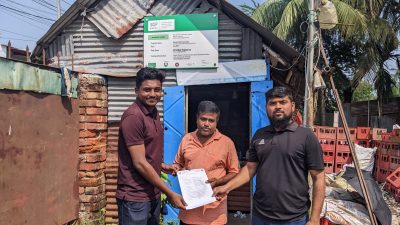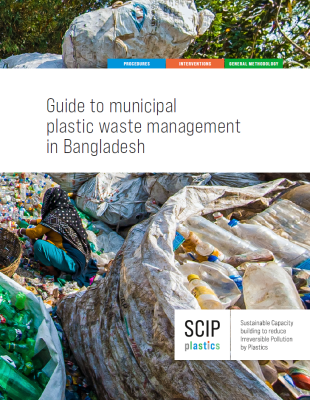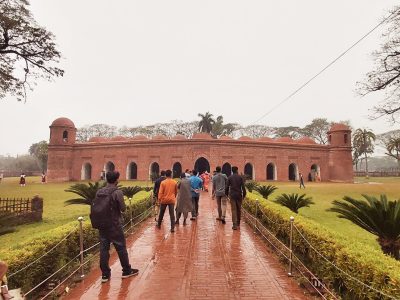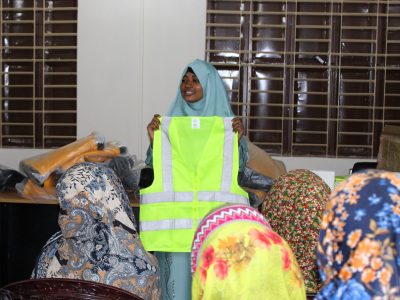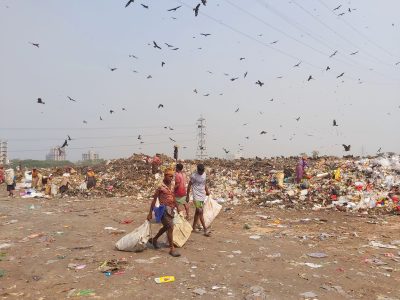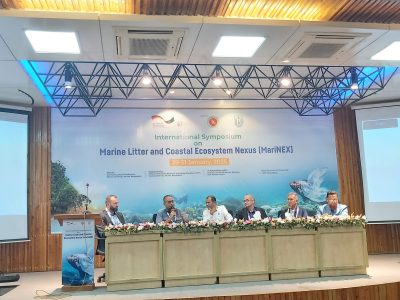About
SCIP Plastics is a collaborative German-Bangladeshi research project focused on reducing land-based plastic pollution entering the Bay of Bengal. Running from 2021 to 2025, the project aims to strengthen long-term, knowledge-based waste management capacities in Bangladesh.
A central achievement is the establishment of a Knowledge Transfer Hub with a dedicated Waste Lab – the first of its kind on a university campus in Bangladesh. This hub now serves as a platform for applied research, training, and capacity building in sustainable waste management.
Field research is conducted in Khulna, Mongla Port, and Chattogram Port, where the team analysed local waste systems and implemented selected countermeasures. In cooperation with the local municipality, an inner-city Awareness Centre was set up to support research, education, and community engagement.
Get more information on
News
Go to News Archive
Knowledge Transfer Hub
The Knowledge Transfer Hub is located on the campus of Khulna University of Engineering & Technology in its own dedicated building. The upper floors offer fully equipped workspaces for up to 30 researchers and staff, including meeting and conference rooms to support collaboration and knowledge exchange. The ground floor provides space for the Waste Lab. The building serves as a space where research, practice, and local administration come together to jointly develop solutions for sustainable waste management.
Established as an independent institute, the Hub is governed by an 11-member Board of Directors representing all key project partners including both Bangladeshi universities KUET and CUET, the Khulna City Corporation, and the involved German research institutions.
Today, the Hub is recognised nationally as a key actor in the field of waste management. It functions as a centre for training, dialogue, and expertise, bringing together stakeholders from politics, public administration, the private sector, and academia. By fostering interdisciplinary collaboration, the Hub supports policy development, provides technical assessments, and offers expert input for example, in the preparation of municipal waste management plans.
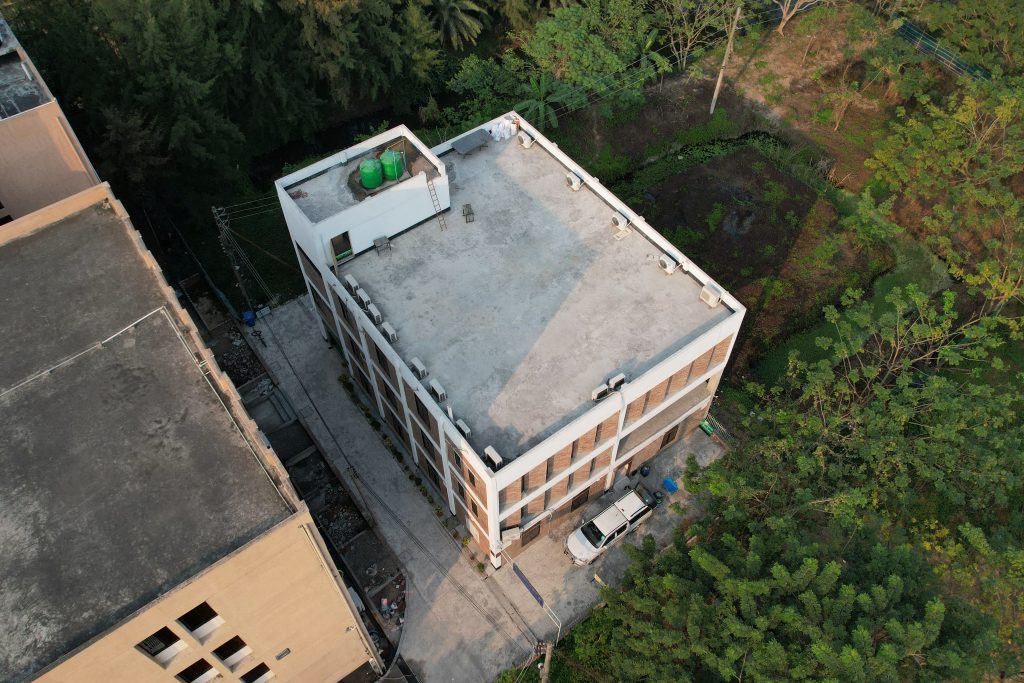
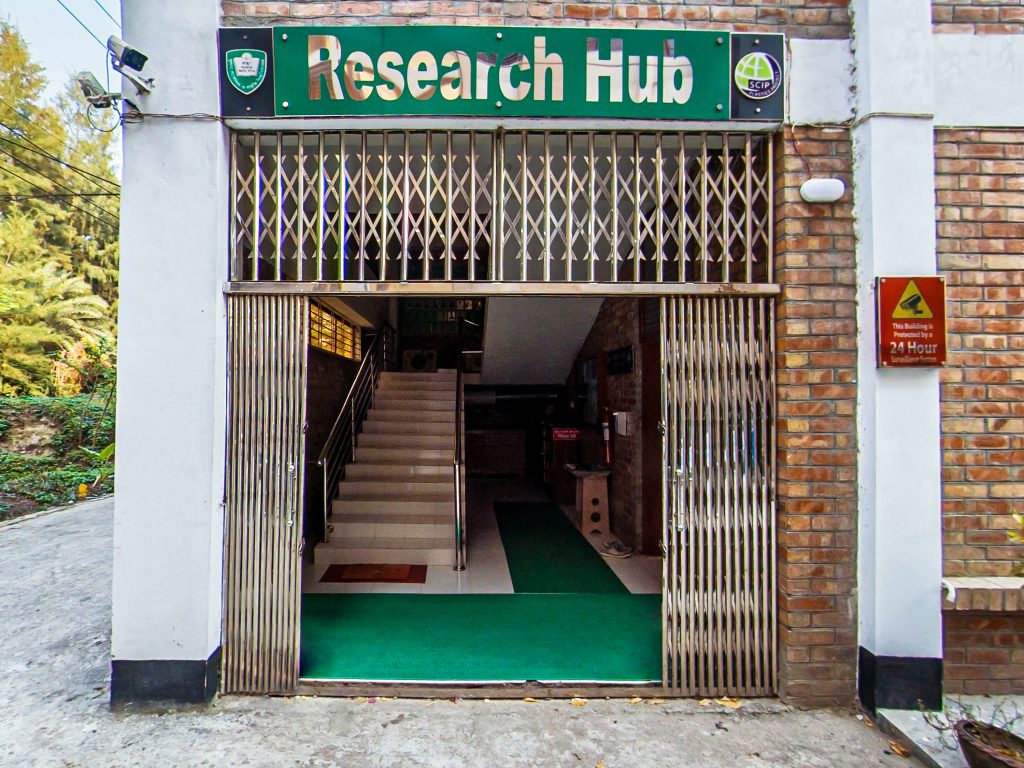
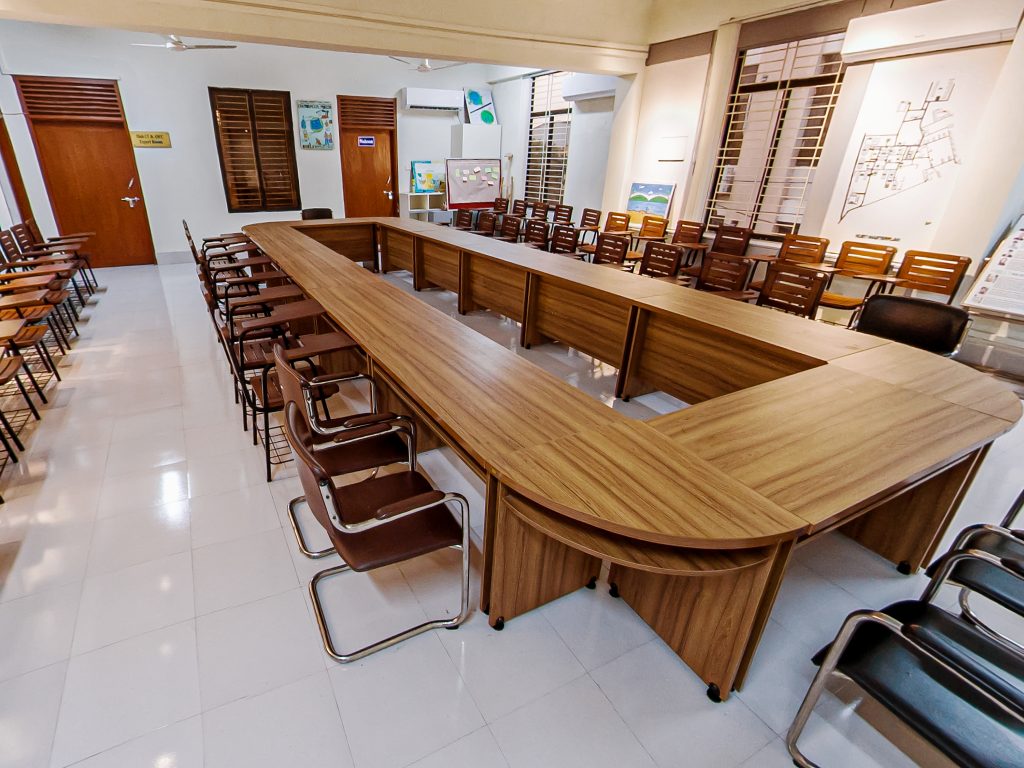
Contributing to the following SDGs
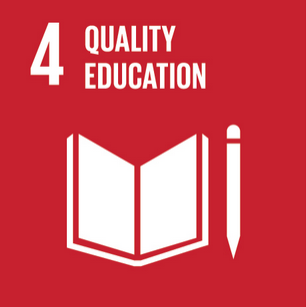


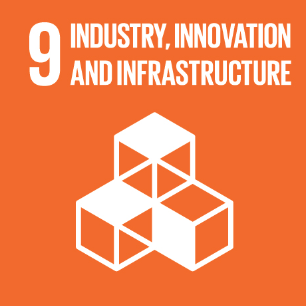
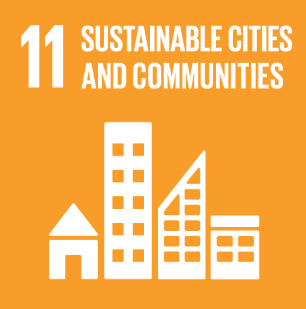
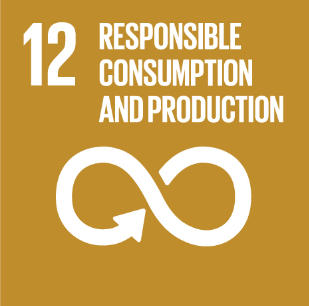
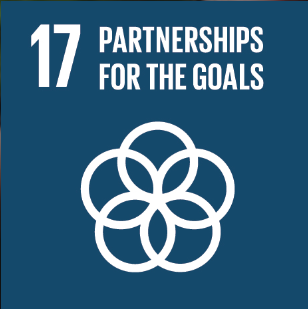
Waste Lab
As part of the Knowledge Transfer Hub, the waste laboratory provides state-of-the-art analytics for sorting, quantifying and analysing household waste. The lab is equipped with standard sorting technology, including scales, sieves, muffle furnaces, and drying ovens, and also supports wet chemical and basic bioanalytical analyses. It is led and operated by trained personnel. Furthermore, the lab serves as a student training facility, allowing post-graduate students to gain practical experience in laboratory work and research methodologies. Through lectures, thesis work and collaborative projects, students develop critical skills in waste analysis, data interpretation, and the application of analytics. The project created methods for analysing household waste, critical sample collection, e. g. from ships, measuring emissions at landfill sites, and identifying plastics through NIR spectroscopy.
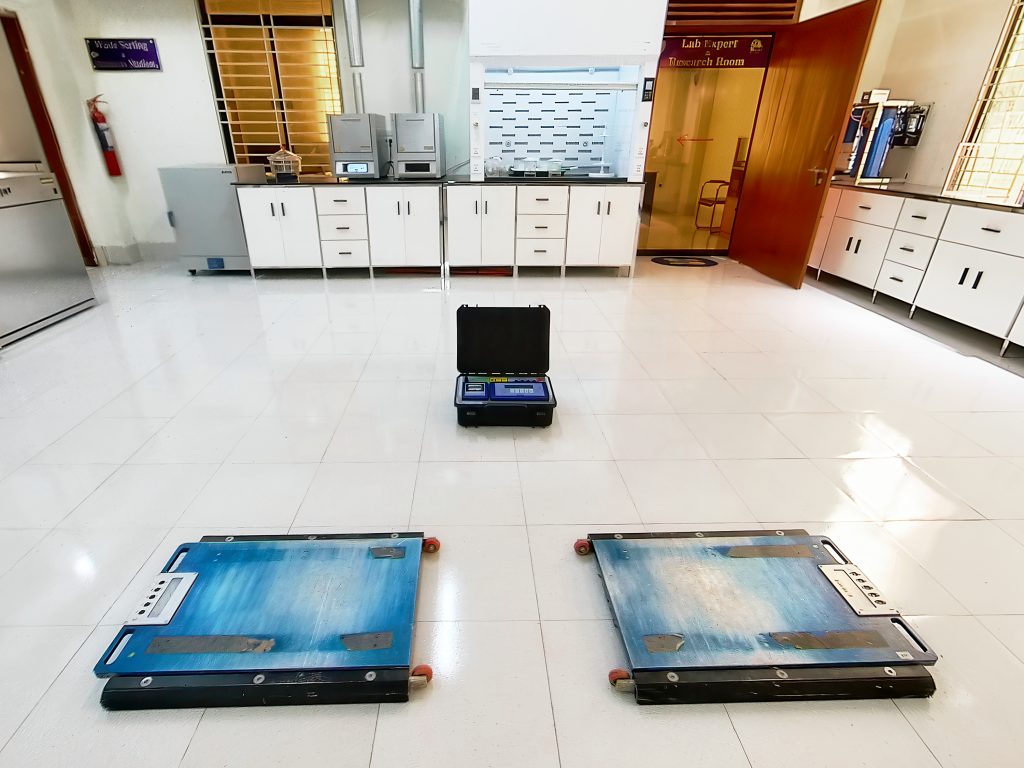
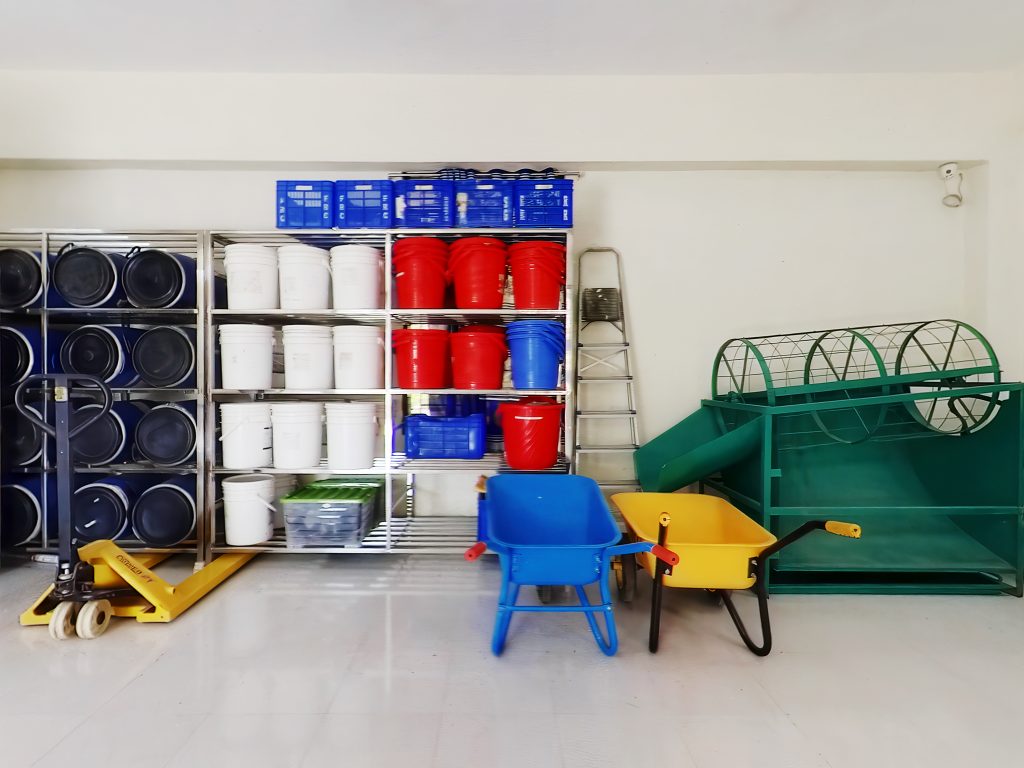
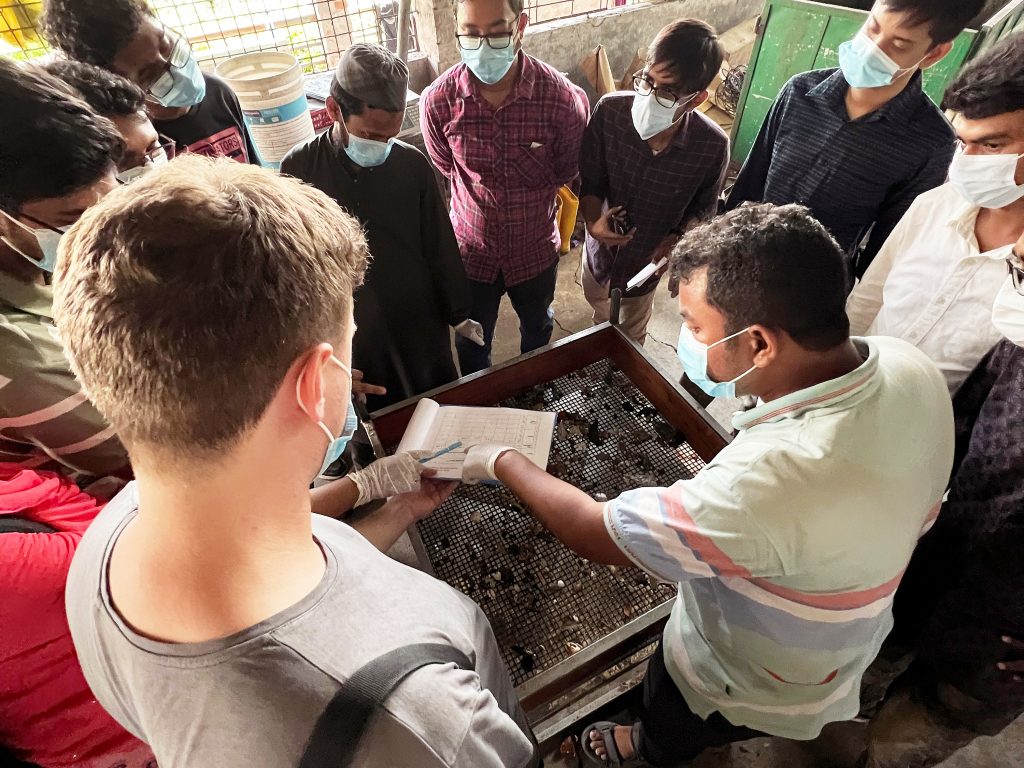
Contributing to the following SDGs


Awareness Centre
The Awareness Centre, established in March 2022, is a collaborative initiative between KUET and KCC located at the KCC headquarters at Hadis Park. The centre acts as a link between the community, research institutions, and municipal services. It engages and brings together various stakeholders such as ward councillors, recycling businesses, representatives of NGOs and community-based organisations, and residents of the Khulna area. The centre’s activities revolve around environmental awareness raising and include workshops, training sessions, and courses for schools and businesses. A specific focus lies with improving working conditions in the waste sector and the needs of vulnerable groups, such as informal waste workers. Furthermore, public outreach efforts such as events, campaigns, and social media engagement aim to inspire sustainable practices. These activities help to connect stakeholders from administration, industry, society, and the informal sector. The Awareness Centre is a vital building block of participatory processes in Khulna’s public, political, and economic environment, thus strengthening democratic and institutional structures.
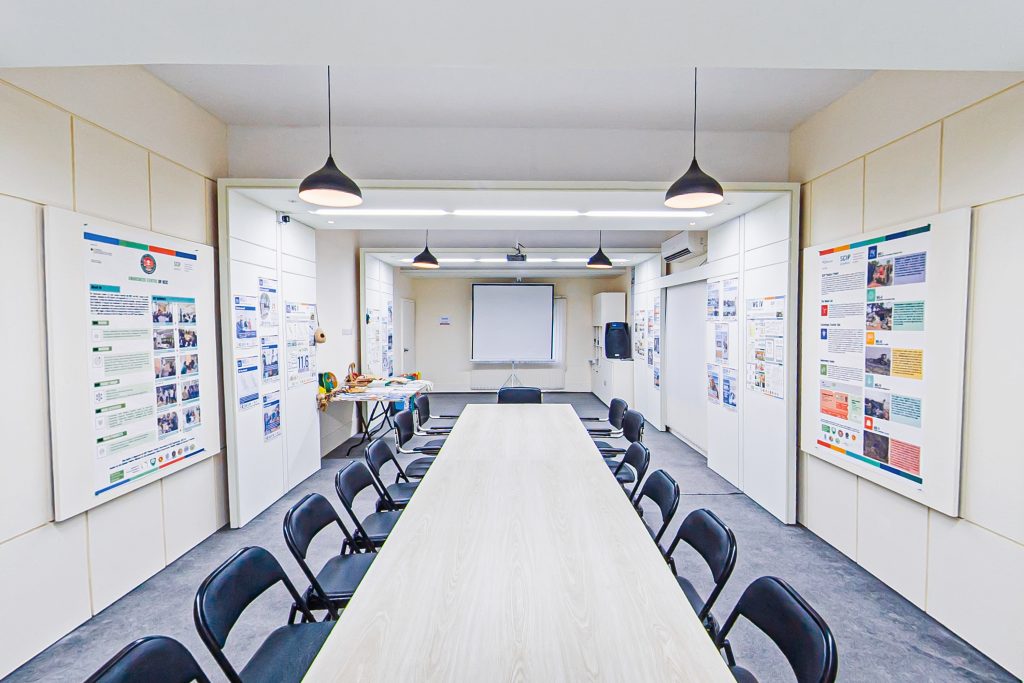
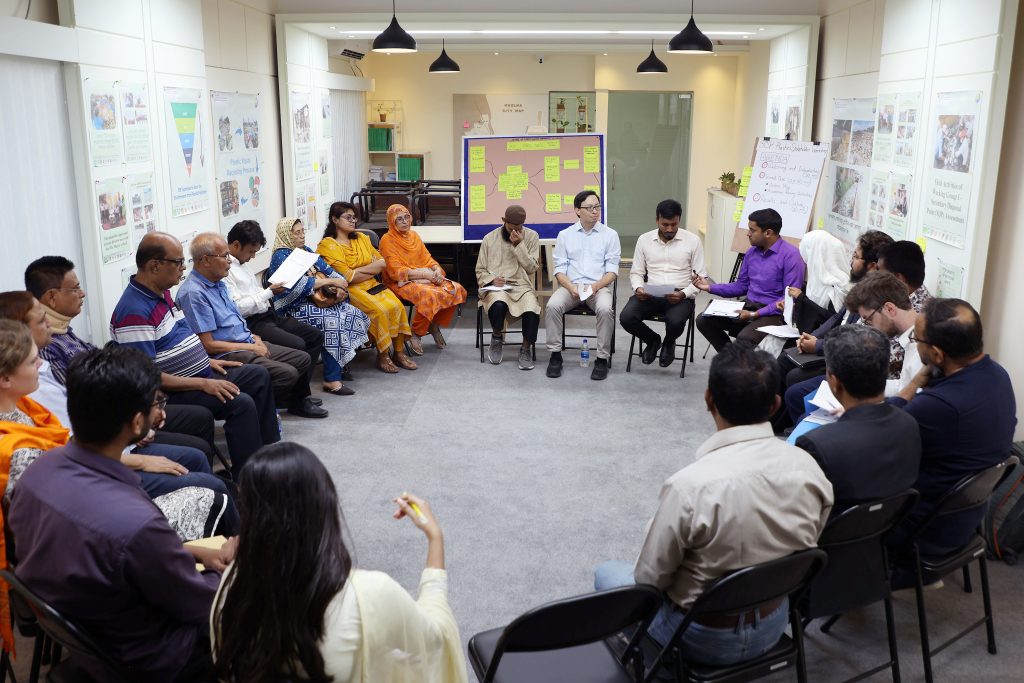
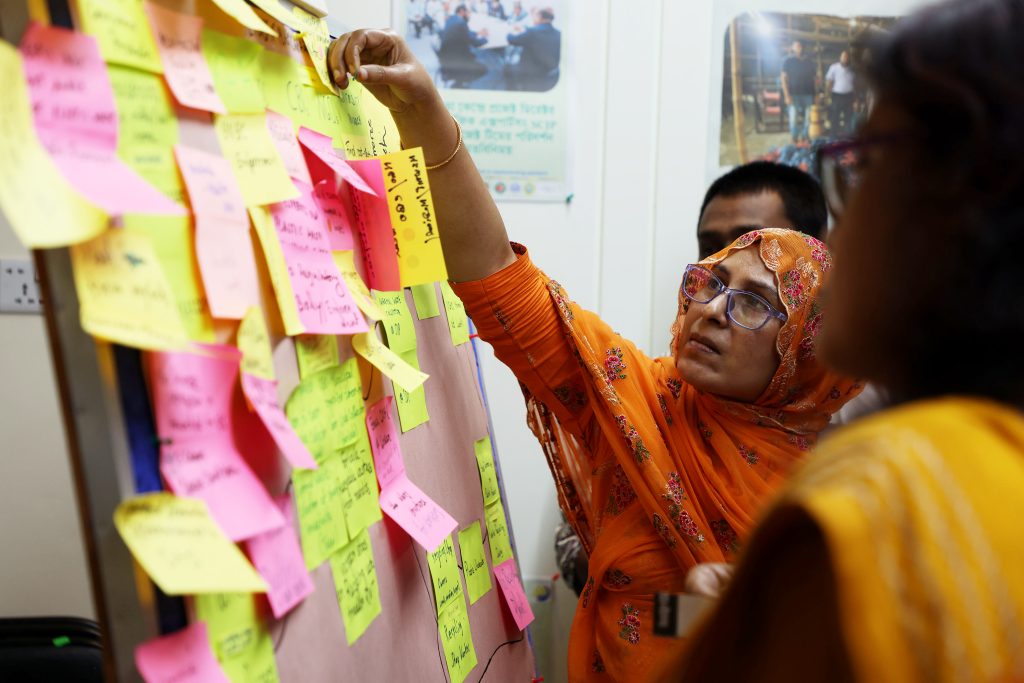
Contributing to the following SDGs




